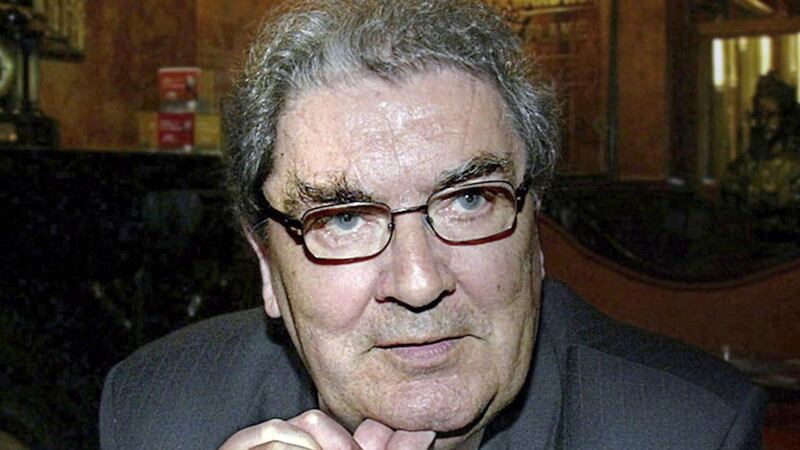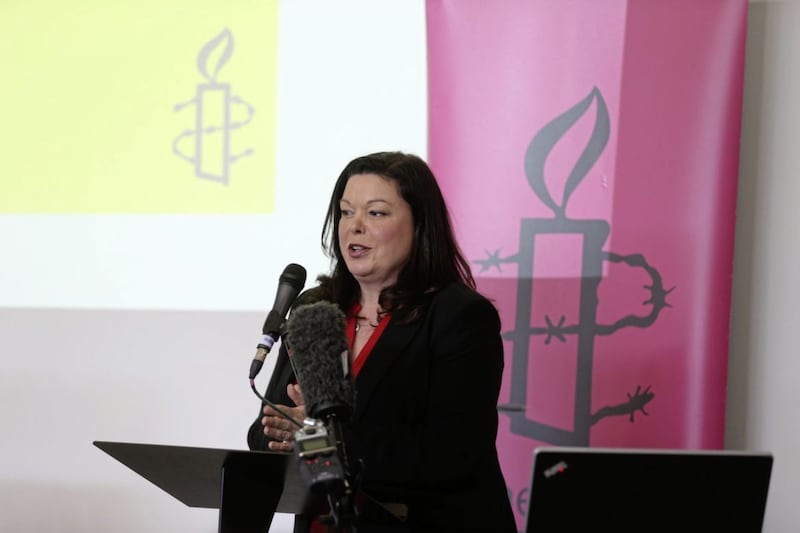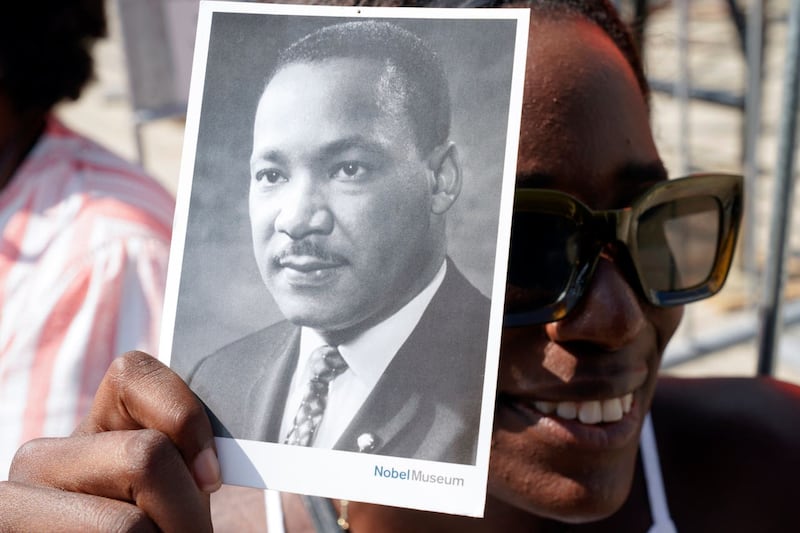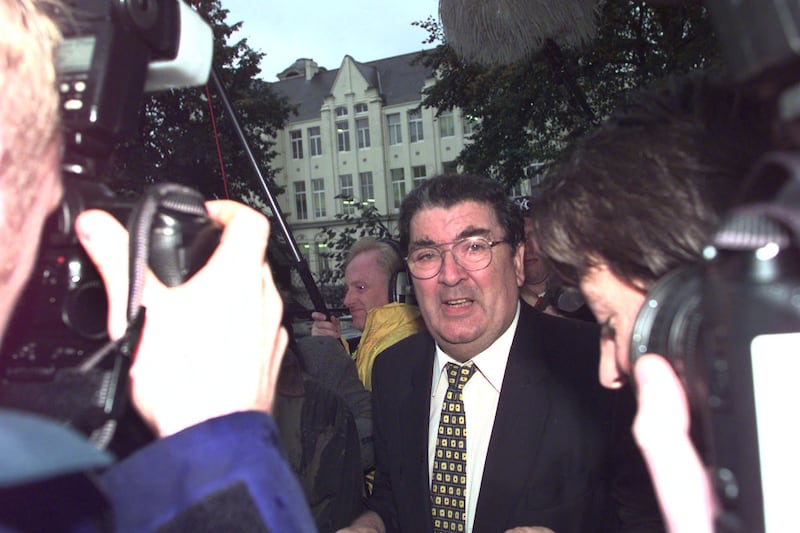State papers, mainly from 1997, have been released by the Public Records Office today. Historian and Irish News columnist Dr Éamon Phoenix looks at files which undercover attempts to restore the IRA ceasefire, the ongoing fall-out from the Drumcree parading dispute and the murder of LVF leader Billy Wright in the Maze prison.
===
SDLP leader John Hume tried to restore the IRA ceasefire through an initiative with Protestant church leaders.
Newly released files show that Mr Hume had spoken to church leaders following the breakdown of the IRA ceasefire in February 1996 with the bombing of Canary Wharf.
A January 1997 memo from Sir John Chilcot, head of the Northern Ireland Office (NIO), noted that he had spoken to Mr Hume.
"Hume’s main point was that he was trying to start a fresh initiative to help bring about an IRA ceasefire, using the medium of Protestant Church leaders."
While the SDLP leader did not wish to name the leaders on the telephone, Sir John felt the NIO might assume that they were "the same group whose work has been signalled to us in strict confidence".
In late November 1996, the IRA proposed Sinn Féin’s immediate admission to talks after a renewed ceasefire - but without decommissioning - a plan which was rejected by unionists.
Prime Minister John Major said the British needed to see "an unequivocal restoration of the ceasefire" and an assurance that Sinn Féin would sign up to the Mitchell Principles on democratic and peaceful means.
Sir John believed that Mr Hume "was showing a high degree of realism, given the impracticability for the Ulster Unionists of making forward movement in present circumstances".
The SDLP leader said that he had been disappointed by the impasse around decommissioning but understood Ulster Unionist leader David Trimble's need to harden his position.
In Mr Hume’s view, this left the British Government, particularly in the run-up to the Westminster general election "unable to engineer forward movement".
The SDLP leader told Sir John he hoped he could work out new proposals with Protestant church leaders and, through them "secure Unionist endorsement for it
and then, if all went well, launch it after careful consultation with the [British and Irish] governments and though he did not say so, no doubt, Gerry Adams".
Sir John impressed on Mr Hume that, if he was minded to pursue any such initiative, he would need to ensure that any text was acceptable to the Ulster Unionists as well as the British Government "if he was to avoid making a bad situation worse".
- Dr Éamon Phoenix is a political historian, journalist and broadcaster. He is a member of the Taoiseach’s Expert Advisory Group on Commemorations.








